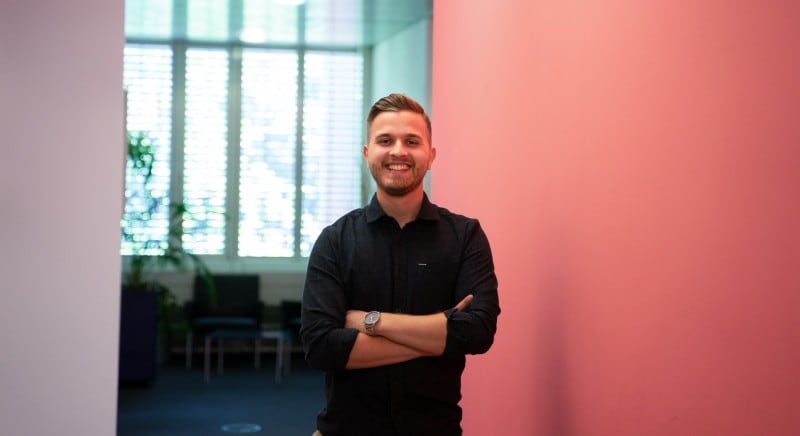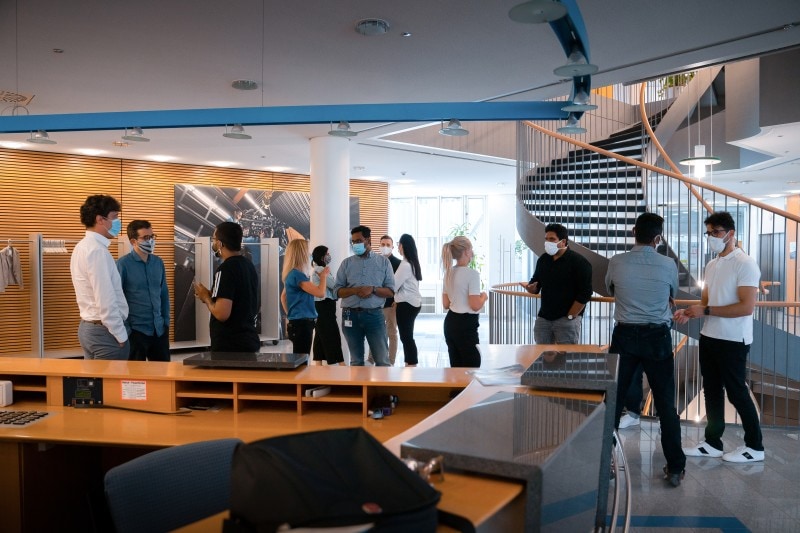What do you consider to be special about the work atmosphere at Mercedes-Benz?
First, there is the diversity, in terms of both culture and at the specialist level. I always find it particularly enriching to work with colleagues with a technical, business or scientific background. I also value the openness of the work culture. At Mercedes-Benz, everyone can contribute their ideas and suggestions.
One of your suggestions was to use Scrum working methods in your team. How did that come about?
I joined former Daimler AG in 2017 right after completing my Master's degree. At the time, the team was working on the basis of the classic "cascade model". This meant that everything was planned in full detail at the start of a project before the start of the implementation, when each person worked on their task for a specified period and delivered their output. However, the end result did not always match the respective vision one hundred percent…
… so your team started looking for a solution?
Exactly. We discussed how we could change the way we work. I had already dealt with agile work and the Scrum method during a previous training and proposed launching a pilot trial. My manager backed the idea and my colleagues also supported me from the start. Furthermore, a new project that was about to be launched.
,xPosition=0,yPosition=0.5)



,xPosition=0.5,yPosition=0)
,xPosition=0.5,yPosition=0)